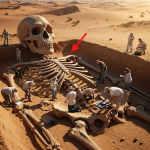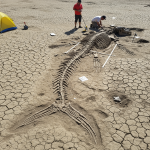Uncovering Atlantis or Fabricated Fantasy?
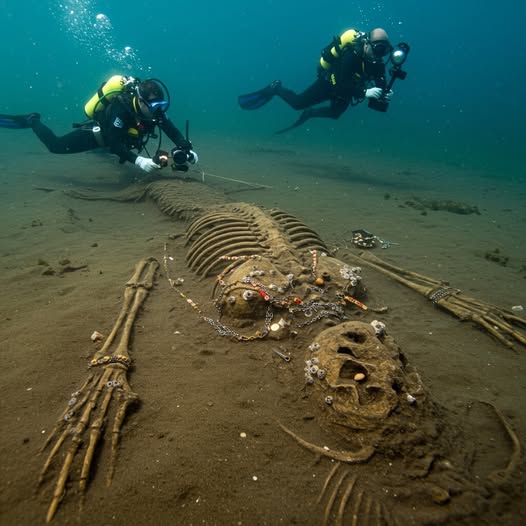
When Plato first spoke of Atlantis more than two thousand years ago, he wasn’t telling a bedtime story. Or at least, that’s what many believe. In two of his most famous dialogues—Timaeus and Critias—he described a vast and technologically advanced island nation that had supposedly existed some 9,000 years before his own time. Atlantis was powerful, majestic, and deeply flawed. In Plato’s account, its military ambitions led it to wage war on the rest of the known world, only to be struck down by divine retribution. In a single day and night, he claimed, Atlantis sank into the sea and vanished.
Plato’s tale was meant as a parable—a moral lesson about hubris and the dangers of imperial overreach. But he rooted it in real geography, naming its location as beyond the “Pillars of Heracles,” what we now know as the Strait of Gibraltar. That detail, along with his rich description of Atlantis’ culture, infrastructure, and sudden demise, has fueled more than two millennia of speculation.
Was Atlantis merely allegory, a philosopher’s way of exploring virtue and vice? Or was it a memory, distorted by time, of a real civilization lost beneath the waves?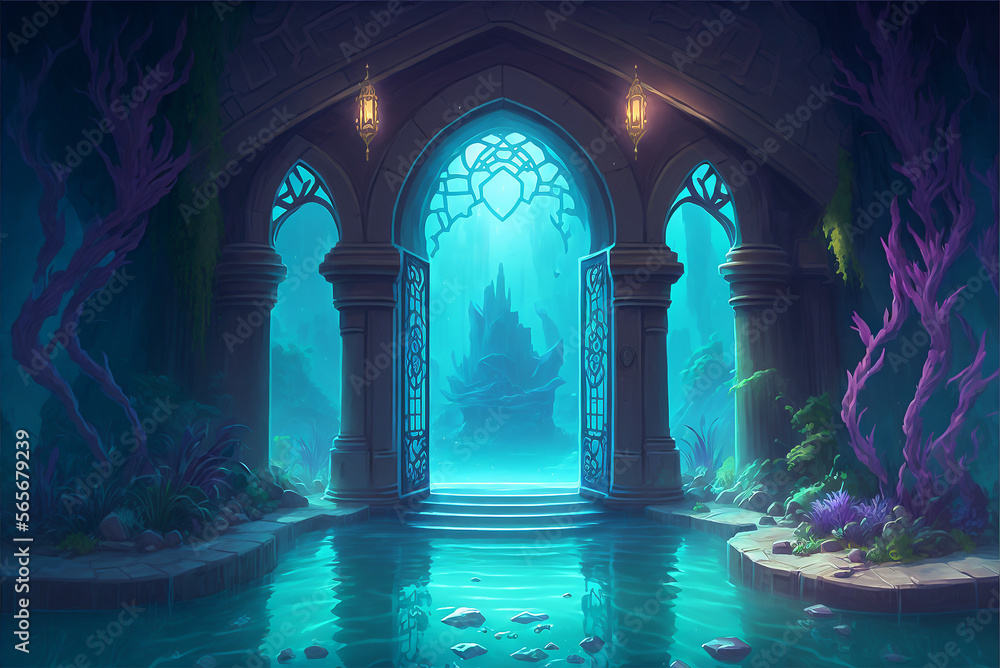
A World Hungry for Lost Civilizations
The idea of a lost city buried by the sea has a hypnotic pull. Atlantis isn’t just a location—it’s a symbol. A reflection of our collective fear and fascination with cataclysm, of what we might lose and how quickly we might lose it. That emotional resonance explains why the Atlantis myth has never died.
Throughout history, the legend has been resurrected again and again—sometimes by scholars, more often by adventurers, mystics, and opportunists. It re-emerged during the Renaissance when ancient texts regained prestige and people searched for ancient wisdom. It surged again in the 19th century with the explosion of colonial exploration and pseudoscience, often laced with racial theories and nationalism.
In the modern era, Atlantis has appeared in novels, comic books, cartoons, and even conspiracy theories about alien civilizations and underwater pyramids. But beneath the layers of imagination and fantasy lies a compelling question: could the story have a core of historical truth?
Plato’s Atlantis: Fantasy or Distorted Memory?
To understand whether Atlantis could have been real, we must return to Plato. His dialogues describe an island empire larger than Libya and Asia Minor combined. It was divided into concentric circles of land and water, built with advanced engineering and full of wealth, including precious metals like orichalcum. Atlantis was blessed with a fertile climate, teeming forests, and a powerful navy.
But Plato’s goal wasn’t to write history. He was constructing a philosophical narrative. In Critias, the dialogue abruptly ends mid-sentence, and many scholars believe the story was unfinished—possibly even abandoned. There is no other contemporary Greek record of Atlantis before Plato. Not a single mention in Homer, Herodotus, or Thucydides.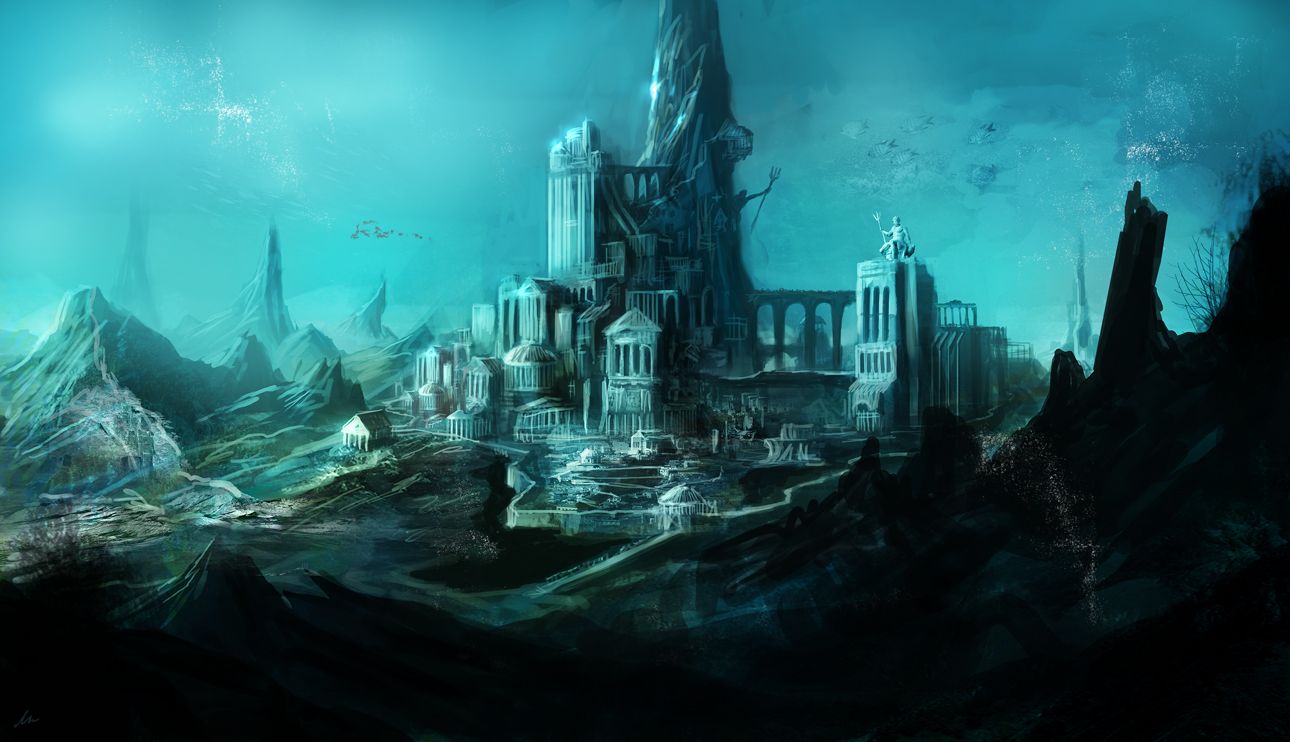
Still, some believe Plato may have been drawing from older traditions—oral histories passed down from the Minoans, Egyptians, or perhaps even memories of natural disasters handed down through generations. Plato claimed that his source was Solon, the Athenian statesman who had visited Egypt and heard the tale from priests in the city of Sais. According to them, Atlantis existed 9,000 years before Solon’s time—far earlier than any known civilization.
That enormous timespan casts doubt on the story’s accuracy. Yet if one removes the exact numbers and looks instead at the pattern—the rise of a powerful island culture, its clash with other societies, and its sudden destruction—the echoes become harder to ignore.
